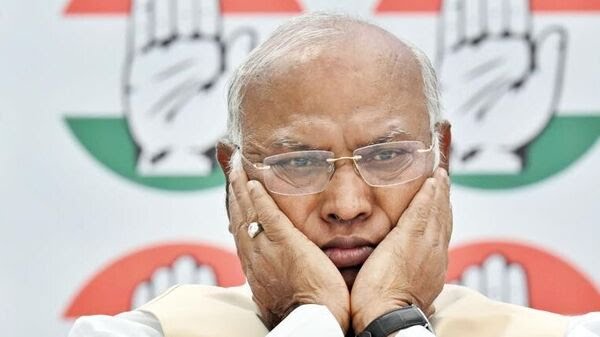24 Apr. 24: In a recent development, Congress leader Mallikarjun Kharge has accused the ruling party of excluding President Droupadi Murmu from significant national events due to her caste. Kharge made these assertions during a public rally in Bengaluru Rural, highlighting the alleged discriminatory practices surrounding the non-invitation of President Murmu to the Pran Pratishtha program in Ayodhya and the inauguration ceremony of Parliament.
Kharge’s statements come in the wake of Congress leader Rahul Gandhi’s earlier comments regarding President Murmu’s absence from the Ram Mandir event in January. Gandhi had cited President Murmu’s Adivasi identity as the reason behind her exclusion from the high-profile gathering.
Kharge’s remarks underscore a broader political discourse around caste-based exclusion within India’s ceremonial and governmental functions. The Congress leader’s allegations have reignited discussions on representation and inclusivity at national events, raising questions about the underlying factors influencing such decisions.
Meanwhile, Prime Minister Narendra Modi’s recent remarks during campaign rallies have added fuel to the fire. Modi’s comments suggesting a potential redistribution of wealth based on family size have drawn criticism, with opponents labeling his statements as divisive and polarizing.
The unfolding discourse around caste dynamics and political rhetoric underscores the complex interplay between identity, representation, and governance in India’s electoral landscape. As the Lok Sabha elections unfold, these issues are likely to remain at the forefront of political debate, shaping public discourse and electoral strategies.




